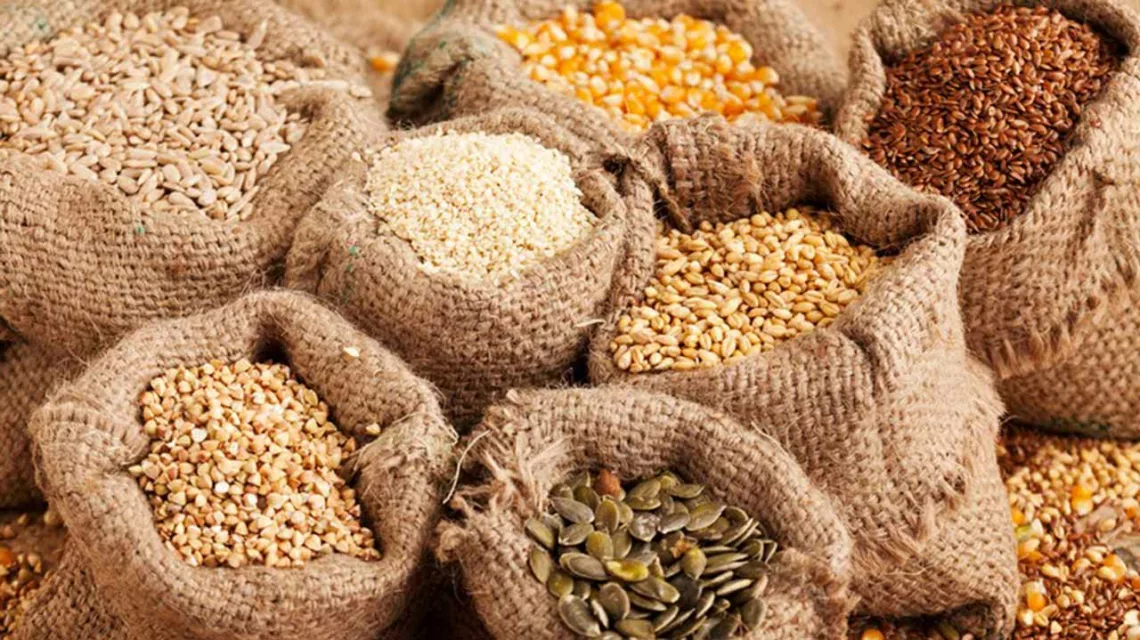Nigeria, with its vast arable land and favourable climate, has the potential to become a major player in global agriculture. However, the country’s agricultural sector has been underperforming, partly due to the lack of a robust seed system.
There is no doubt that a well-functioning seed system is crucial for ensuring food security, improving farmers’ livelihoods, and promoting sustainable agricultural growth.
Amidst efforts by the federal government to develop viable seed system in the country are several challenges faced by Nigeria’s seed sector that requires strategies for developing a robust seed system that can drive agricultural transformation in the country.
According to experts, limited access to quality seeds is one of the challenges in the sector as farmers often struggle to access high-quality seeds, which hampers their productivity. The informal seed sector, characterised by farmer-saved seeds and local markets, dominates the Nigerian seed landscape. These seeds often have low genetic potential and are susceptible to pests and diseases, leading to low crop yields.
Another challenge remains inadequate seed certification and quality control. The Nigerian seed certification system is often criticised for being weak, with limited capacity to enforce seed quality standards. This results in the proliferation of counterfeit and substandard seeds in the market and further exacerbating the problem of low agricultural productivity.
Insufficient investment in seed research and development and weak linkages between stakeholders are also among challenges that need to be addressed.
Nigeria’s public and private sectors have not invested adequately in seed research and development. This has led to a lack of improved seed varieties that are adapted to local agro-ecological conditions and resistant to pests and diseases.
Furthermore, the Nigerian seed sector is characterised by weak linkages between research institutions, seed companies, extension services, and farmers. This disjointed system hinders the development and dissemination of improved seed varieties.
To address these challenges, there is a need to develop robust seed systems that ensure the availability of quality seeds that are adapted to local conditions, resistant to diseases and pests, and can increase crop yields.
Although the federal government through National Agricultural Seeds Council (NASC) said the seed sub-sector of Nigeria’s agricultural economy has undergone different stages of development since the country’s independence in 1960 and despite the attainment of such critical institutional structure for agricultural development, the seed landscape has evolved over the years.
At the launched of the new National Seed Policy last week, minister of agriculture and rural development, Dr Mohammad Mahmood Abubakar, said many reforms and policies have been put in place in the sector to facilitate its development as well as attract the necessary investment to the sector.
According to the minister, the revised policy has removed the ambiguous areas in the 2015 National Seed Policy to strengthened the identified weaknesses and introduce innovations that optimised the regulatory, promotional and protection roles of National Agricultural Seeds Council (NASC) in ensuring that farmers have access to improved quality seeds.
The minister noted that progressive and positive changes in the operations of the seed industry has necessitated the review exercise, especially after the enactment of the National Agricultural Seed Act, No 21 of 2019 and the Plant Variety Protection Act, No 5 of 2021 that has confined new responsibilities and widened the scope of operations of the NASC.
Also director-general of NASC, Dr Olusegun Ojo, noted that the activity supported the NASC in delivering to Nigeria and Nigerians a new National Agricultural Seed Policy which will invigorate the National Seed System, trigger growth and development to consolidate on the gains and reforms we have made in the industry in recent times.
The DG pledged the council’s commitment to the full implementation of the policy and said the development of the revised policy leveraged on the advent of technology and innovations in the seed industry.
He said, “It is my hope that the policy being launched today will further enhance government efforts at ensuring that Nigeria is not only food secured, but a net exporter of agricultural produce among the committee of nations.”
Overall, developing robust seed systems is crucial for enhancing agricultural productivity and food security in Nigeria. A concerted effort from all stakeholders is required to achieve this, including the government, private sector, farmers, and development partners where Nigeria can develop a vibrant seed sector that provides quality seeds to farmers, increases crop yields, and enhances food security.





